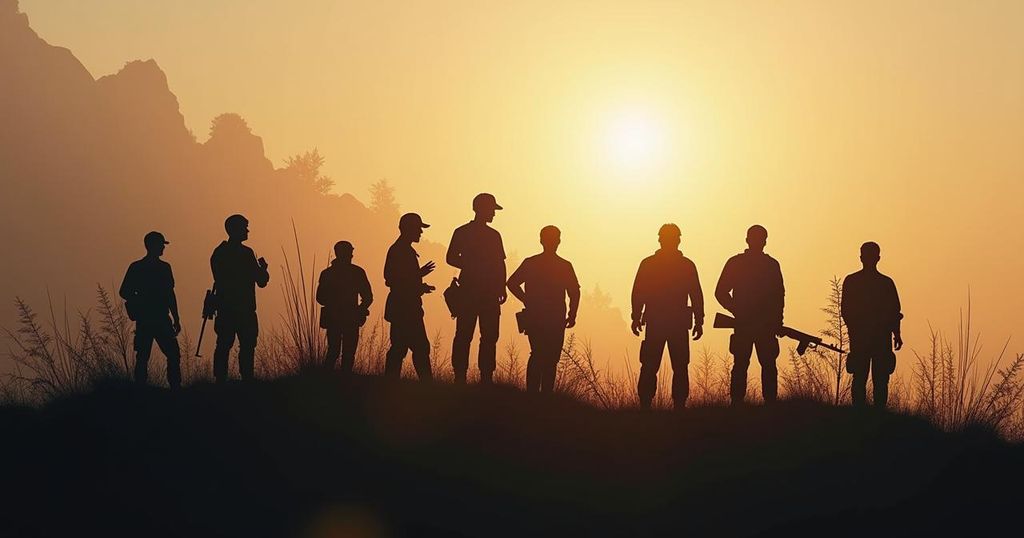The article examines the pivotal role of social media in the Gaza conflict, emphasizing its transformation from mere information sharing to a crucial archival function for documenting war crimes. It sheds light on the transparency issues surrounding major platforms and the grassroots efforts by organizations like Mnemonic and Airwars to preserve and verify digital records amidst challenges. While social media has become essential for historical documentation, its transient nature raises concerns about the long-term accessibility and reliability of such vital information.
A contemporary reflection on the impact of social media during the Gaza conflict illustrates the profound transformation in the public’s perception of warfare, specifically regarding the rapid dissemination of images and information concerning destruction. While social media platforms serve as a conduit for sharing real-time updates, they have further evolved into critical instruments for preserving the historical record of conflict, facilitating verification of events, and potentially aiding in the prosecution of war crimes as they emerge. However, the frameworks governing the preservation of this data remain insufficiently transparent, leading to concerns about the archiving capabilities of major platforms amid a noted bias towards anti-Arab narratives. As traditional archival institutions struggle to keep pace with the digital era, smaller, grassroots organizations have stepped in to ensure the collection and preservation of pertinent content from conflicts, exemplified by the Syrian Archive and Mnemonic, which has expanded its scope to include various global conflicts, including Ukraine and Gaza. The integrity and contextualization of archived materials are paramount; therefore, Mnemonic employs a regimented approach to ensure reliability through rigorous verification processes, enabling the potential use of social media data in legal contexts. Despite this progress, challenges such as disinformation and the fragility of digital preservation undermine long-term prospects. The emergence of organizations such as Airwars complements these efforts by documenting civilian casualties and contradicting official military reports. As social media becomes a battleground for narratives in conflict, it simultaneously serves as a crucial resource for human rights documentation and accountability, yet its ephemeral nature and the vulnerability to censorship and policy change pose significant challenges for preservation efforts.
This article discusses the evolving role of social media platforms in documenting and preserving information about conflicts, particularly the Gaza war. It highlights how these platforms have transformed the landscape of humanitarian documentation by enabling quicker dissemination and verification of content related to war crimes and other human rights violations. The conversation extends to the challenges faced in terms of transparent archiving systems and biases present in mainstream media. Furthermore, it sheds light on the grassroots efforts taken by various organizations aiming to ensure the authenticity and availability of information amidst digital censorship and the impermanence of online content.
In summation, the intersection of social media and warfare presents both opportunities and challenges for documenting conflict. While these platforms emerge as vital tools for capturing and preserving the realities of war, the lack of systematic archiving and the prevalence of disinformation threaten the longevity and reliability of such information. Organizations like Mnemonic and Airwars illustrate the critical role that non-governmental entities play in safeguarding this data, ensuring its accessibility for future accountability and historical records. Nevertheless, the vulnerable nature of digital content highlights the urgent need for more robust policies and infrastructure to support these efforts.
Original Source: newlinesmag.com







